U.K. Forces Begin Eritrean Rescue Mission
 Five Britons feared kidnapped in Ethiopia, have been allegedly been spotted at a military camp in neighbouring Eritrea. UK Special Forces are now preparing for a rescue mission.
Five Britons feared kidnapped in Ethiopia, have been allegedly been spotted at a military camp in neighbouring Eritrea. UK Special Forces are now preparing for a rescue mission.The Britons are thought to be part of a group of Westerners who went missing while on a trip to geological sites, north of the capital Addis Ababa.It's believed they worked at the UK embassy in the city or are relatives of staff. Ethiopian officials believe the group was taken hostage by Eritrean separatist rebels.The party is believed to have been in a convoy of four vehicles in Dalol, in the eastern Afar region, travelling to see salt mines earlier this week.A small rebel group is alleged to operate in the area and all visitors are required to travel with armed guards. (SkyNews)
Other News:
+ Tunisia upholds sentence against bomber's uncle
+ Russian police break up pro-democracy rally +++ European anarchists join rioters in Danish capital
+ Rebels re-enter Central Africa town -- French army
 + No head scarves in soccer: FIFA - Asmahan Mansour was told to either remove her hijab or leave the field in an under-12 tournament near Montreal, . Quebec's soccer federation said the hijab violated a no-headgear rule set down by FIFA for safety reasons...Ontario's soccer association lets players wear religious headgear, while Quebec's rules are more vague.
+ No head scarves in soccer: FIFA - Asmahan Mansour was told to either remove her hijab or leave the field in an under-12 tournament near Montreal, . Quebec's soccer federation said the hijab violated a no-headgear rule set down by FIFA for safety reasons...Ontario's soccer association lets players wear religious headgear, while Quebec's rules are more vague. + "I spent months travelling in Turkey (99% Muslim country) only rarely did I see women wearing the hajib, so it is not about religion per se..." - and other comments about the above controversy in the Canadian province of Quebec.
+ (Brett Zongker, AP) WASHINGTON — An expert on Russian intelligence was critically injured in a shooting in front of his suburban Washington home, authorities said. The shooting of Paul Joyal, 53, came days after he accused the Russian government of involvement in the poisoning of former KGB agent Alexander Litvinenko.
The FBI was assisting in the investigation. Mr. Joyal was shot Thursday by two men in his driveway, police said. The shooting appeared to be a random robbery and street shooting, a law enforcement official with knowledge of the case told The Associated Press. The official spoke on the condition of anonymity because the person did not have authority to comment on the case. In an interview broadcast last Sunday on “Dateline NBC,” Mr. Joyal also accused the Russian government of trying to silence its critics.
“A message has been communicated to anyone who wants to speak out against the Kremlin: If you do, no matter who you are, where you are, we will find you, and we will silence you – in the most horrible way possible,” Mr. Joyal said. Russian President Vladimir Putin and Russian officials have repeatedly denied involvement in the Litvinenko case. Mr. Joyal and Mr. Litvinenko were acquaintances, said Oleg Kalugin, a former KGB counterintelligence chief who is now a U.S. citizen and who met with Mr. Joyal several hours before he was shot. Mr. Kalugin also said Mr. Joyal's condition was improving. Mr. Joyal works for National Strategies, a Washington-based government consulting firm.

Concealed weapons that fell into western hands through the defection of Russian Intelligence Captain Nikolai E. Khokhlov in 1954 included cases of cigarettes that fired hollowpoint bullets and miniature pistols that fired while making a sound less than the snap of a finger.

The first photo reconnaissance satellite program of the National Reconnaissance Office (NRO) was called "Corona". The Corona program, whose existence was declassified February 24, 1995, existed from August 1960 to May 1972, although the first test flight occurred on February 28, 1959.
Photo: Corona Mission 1110-23 (June 1970) did recon on Vozrozhdeniye Island which was then part of the Soviet Union.
From GlobalSecurity.org: The Vozrozhdeniye Island test site in the Aral Sea was...apparently chosen for open-air testing of biological weapons because of its geographical isolation. Vozrozhdeniye is situated in the middle of the Aral Sea, surrounded by large, sparsely populated deserts and semi-deserts that hindered unauthorized access to the secret site. The island's sparse vegetation, hot, dry climate, and sandy soil that reaches temperatures of 60· C (140· F) in summer all reduced the chances that pathogenic microorganisms would survive and spread. In addition, the insular location prevented the transmission of pathogens to neighboring mainland areas by animals or insects...


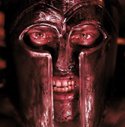


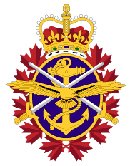





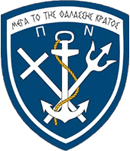

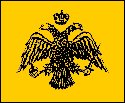






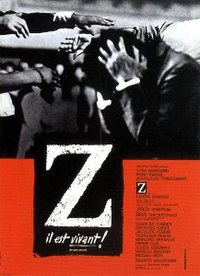


0 Comments:
Post a Comment
<< Home